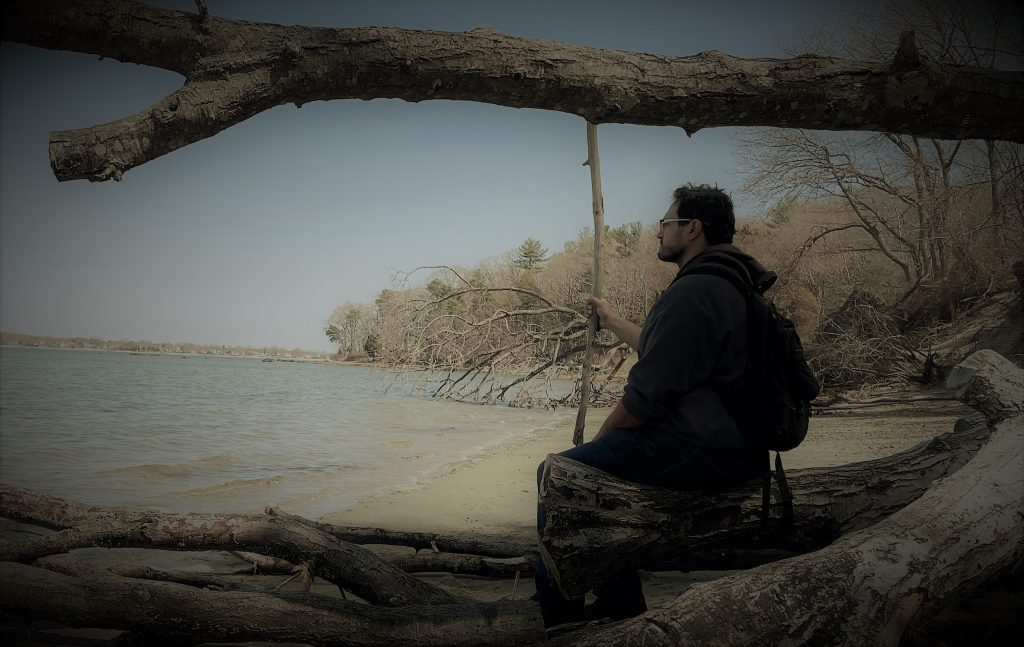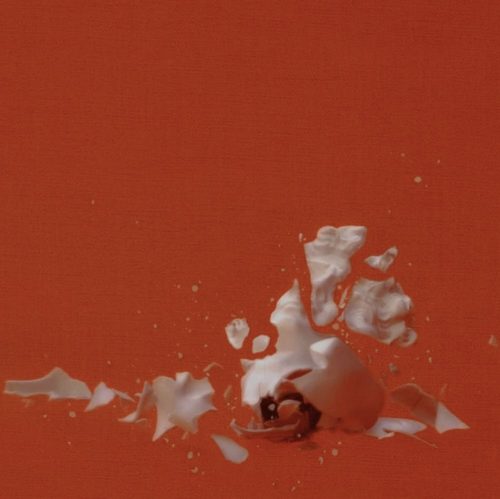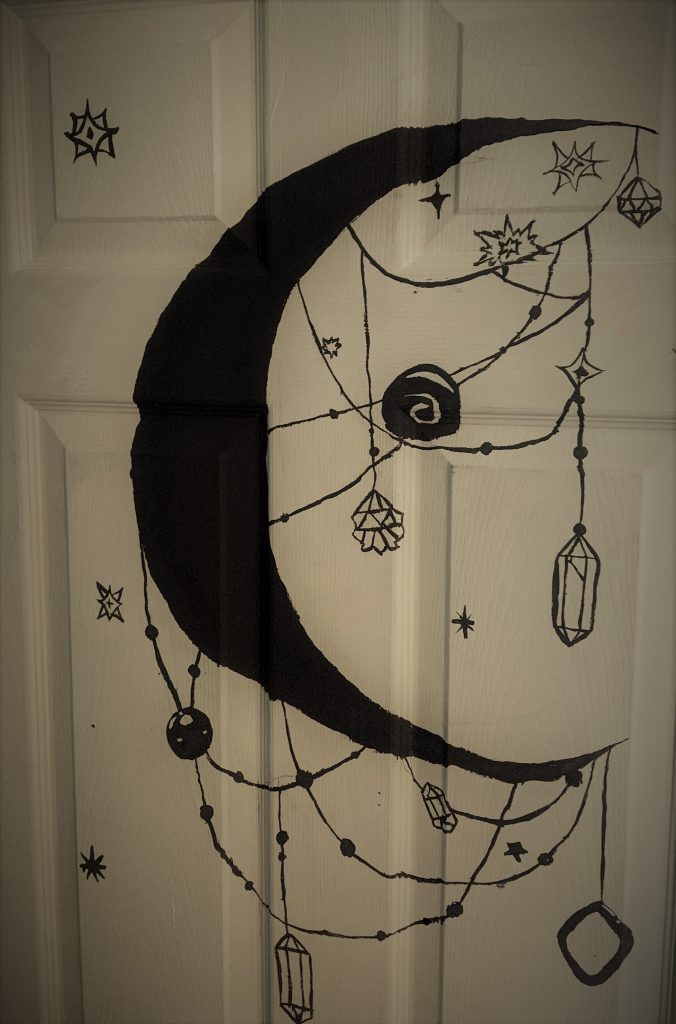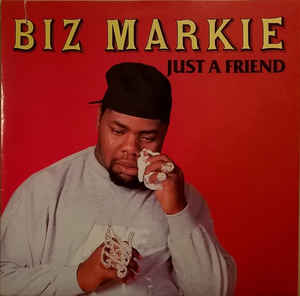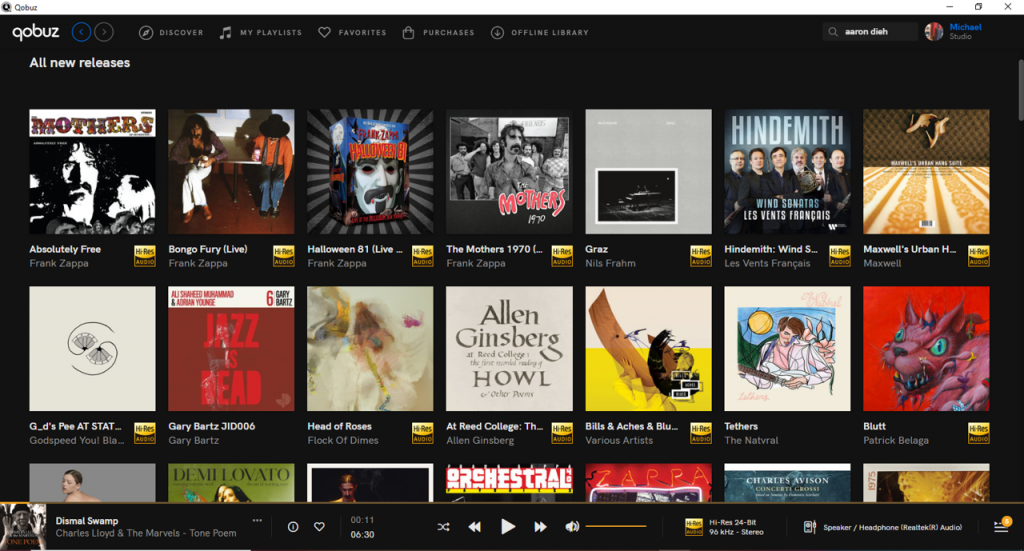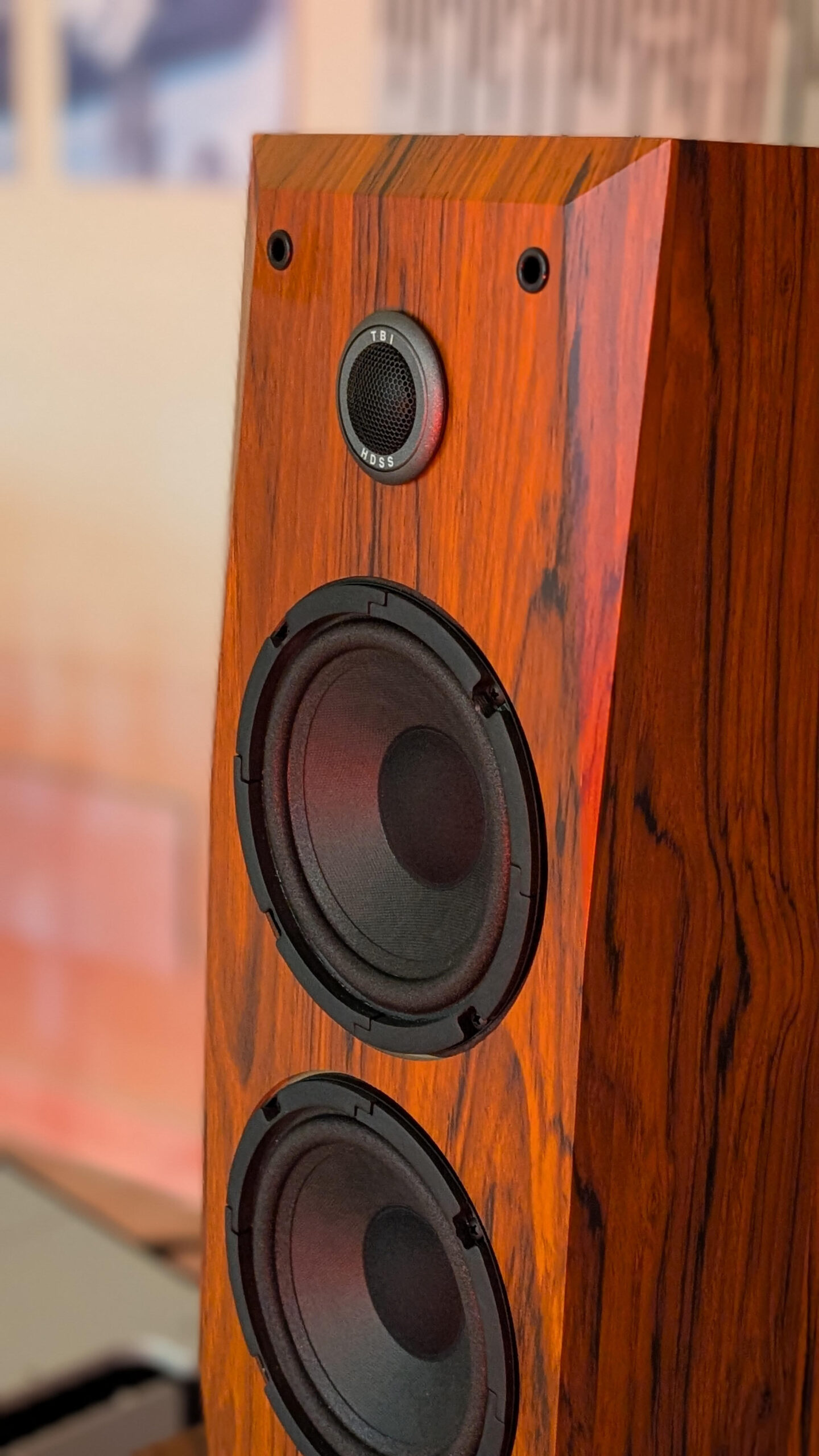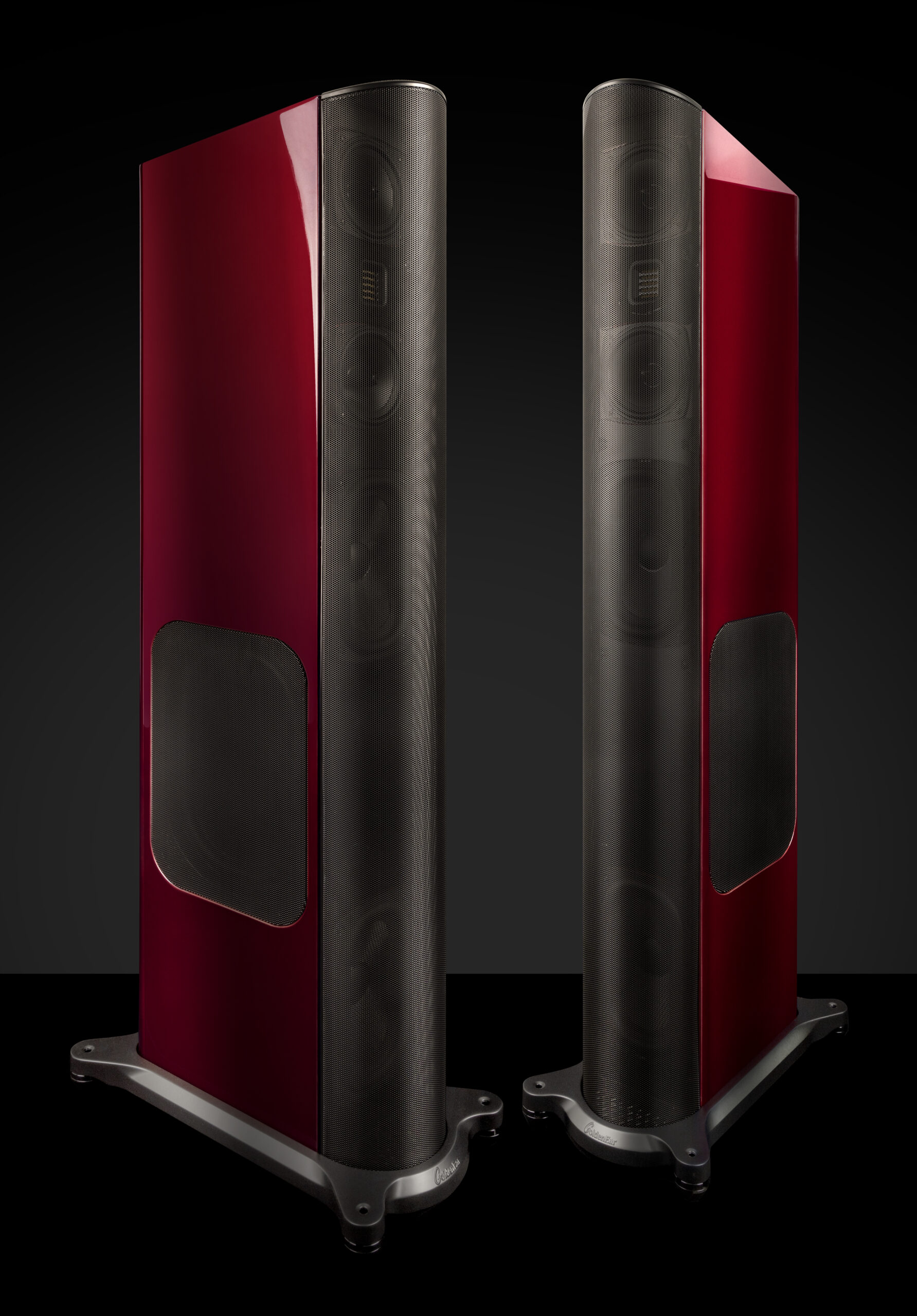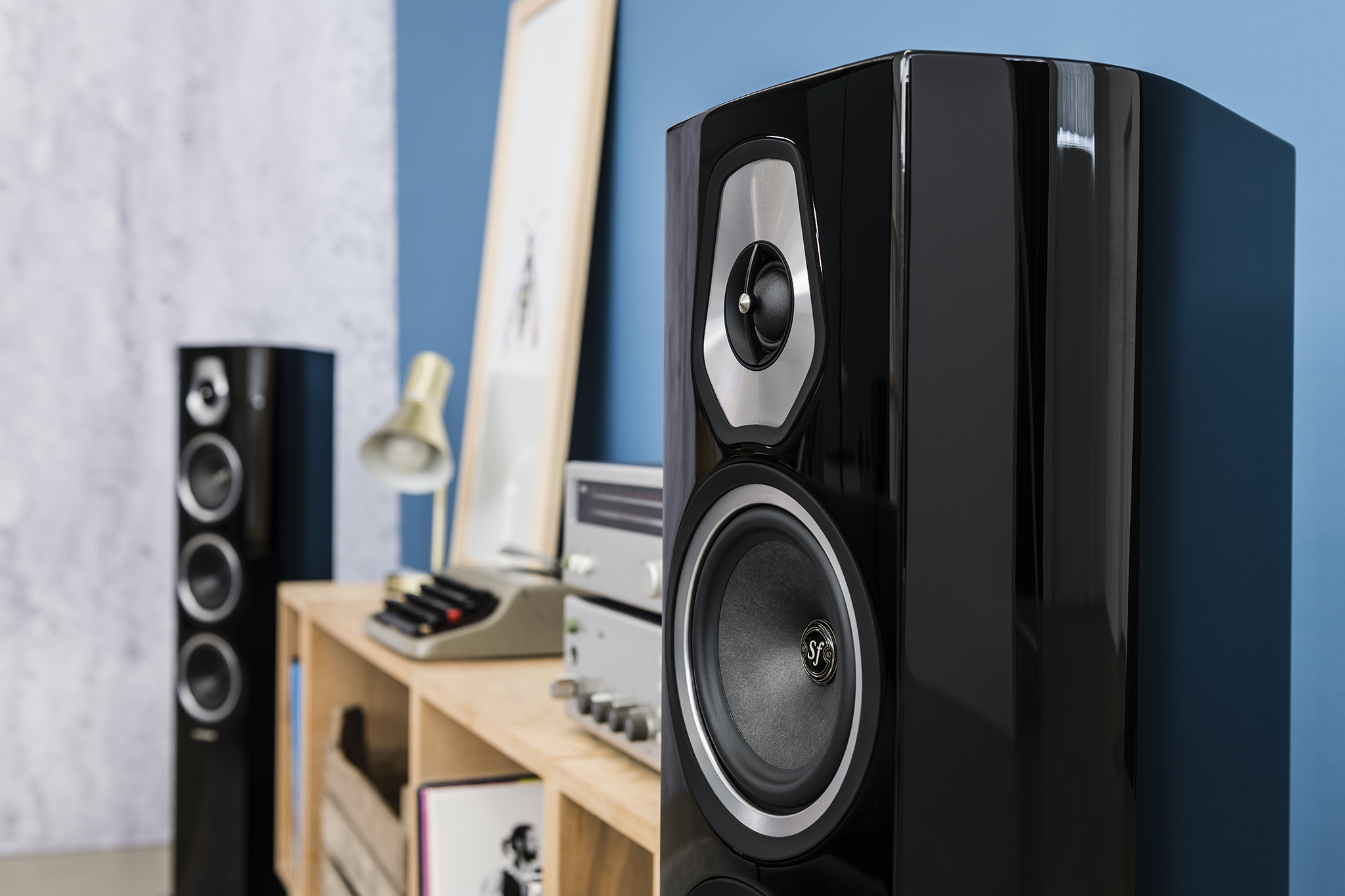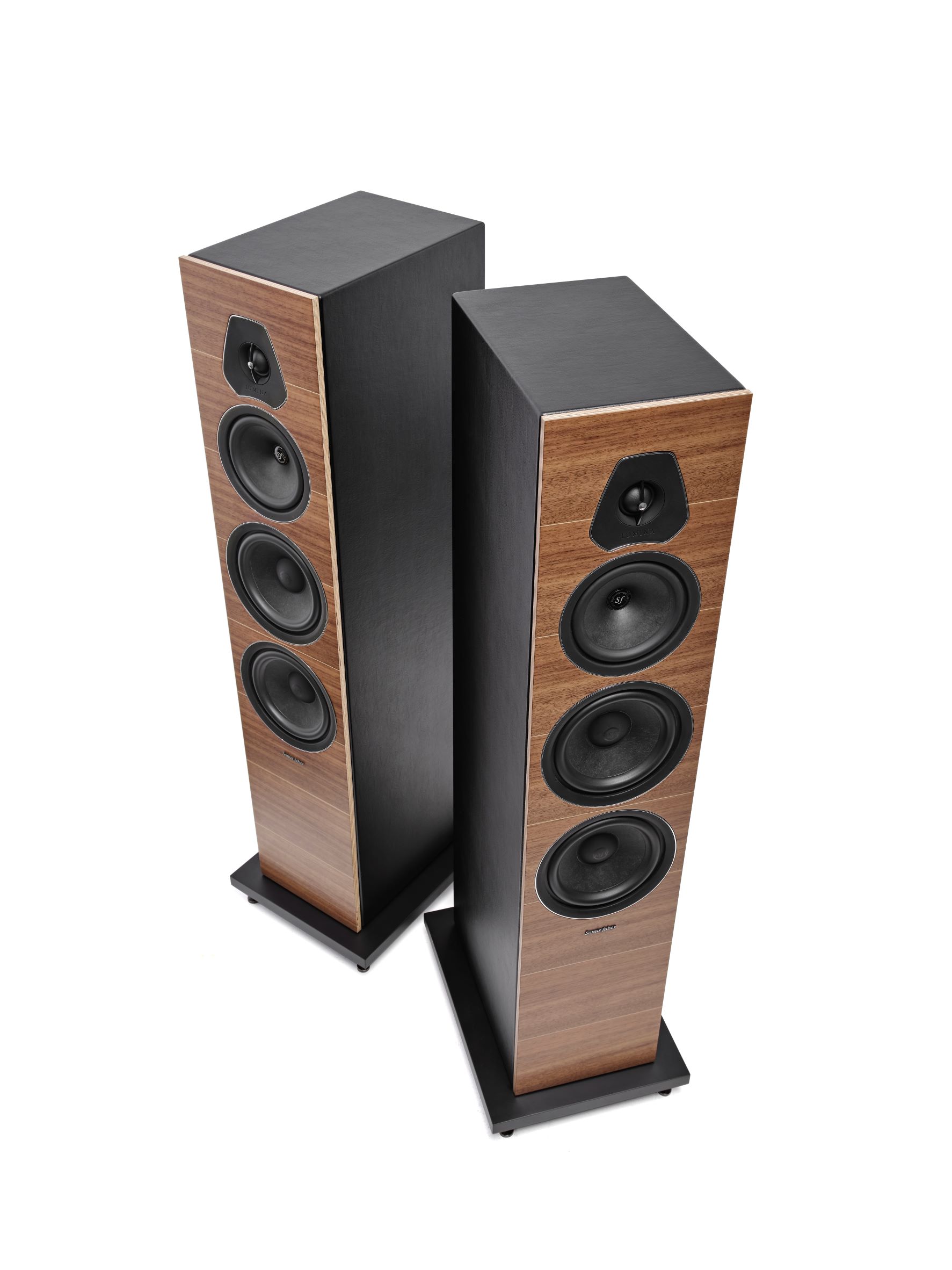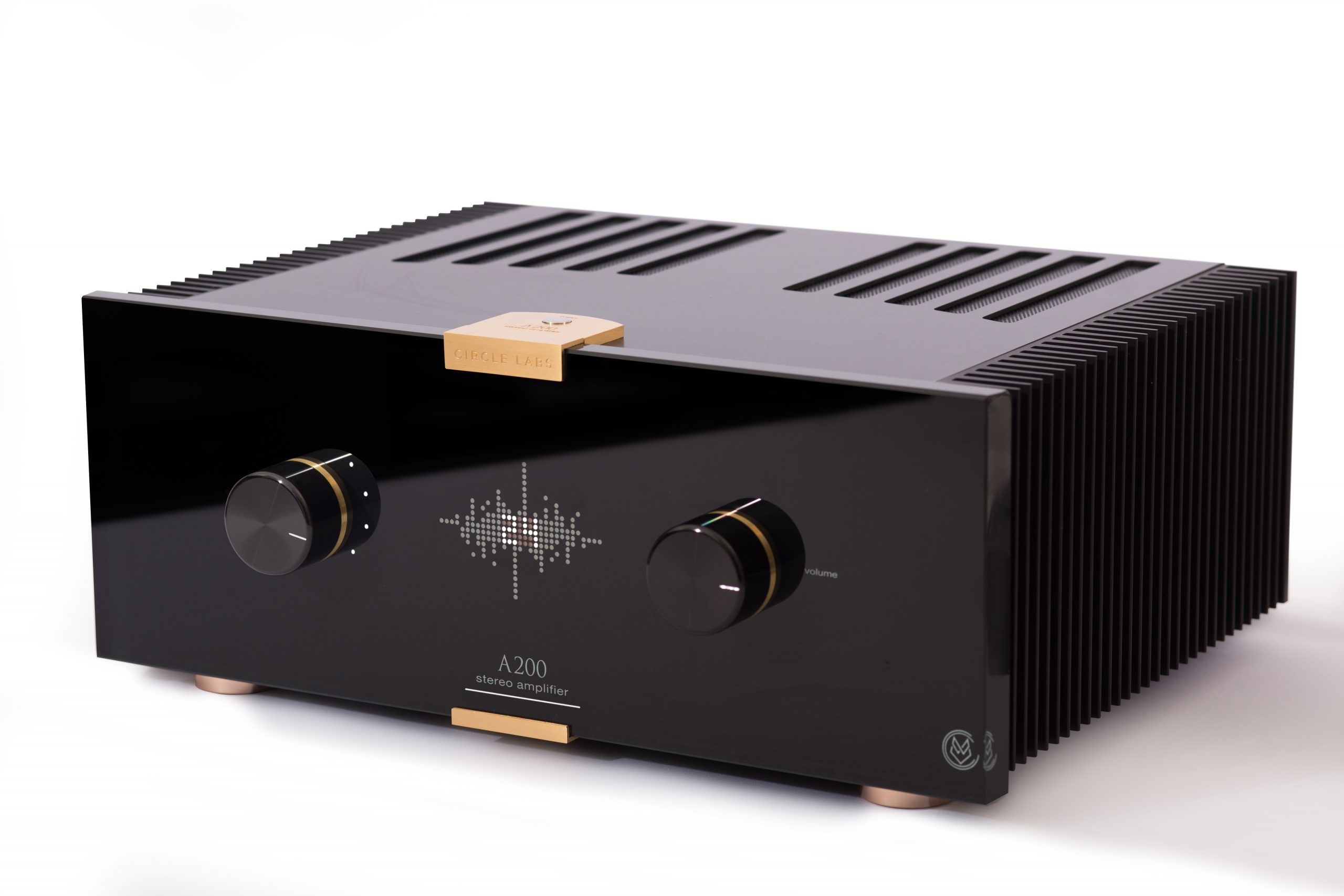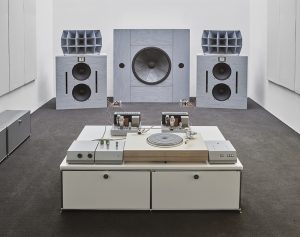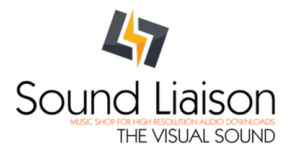The lapping of the bay, the wind through fallen tree. Birds of the sea and the land. It is all music gifted to us by nature. We use our nature to make music, and we cannot forget that nature exists within us all.
I recognize the face in the mirror despite the grey flecks in my beard. The mature, round face looks familiar, but is not quite as young as the heart that beats inside the body. A walk down to the listening dungeon reveals an audio system that once was a dream.
Has it been three decades of listening already?
Is all this technology truly better?
Does there need to be a next step?
It's all slipping…
One thing that has not changed is the process. Technology has enhanced the ability to develop audio equipment on all levels, from source to loudspeaker. Modern manufacturing methods allow for greater control and precision over what were once variables. Tolerances are tighter, materials are more diverse, and putting it all together is better understood. There is that word again: Better.
What good is peering deep into the fractal-like patterns of granular design details if there is no understanding how it all interacts with our humanity, how it serves the music, or if the resultant dataset produced is even relevant? In many ways, we seem to be moving away from the preservation of a musical message, the transmission of emotion, and unity through a medium that we all love and understand, and into one of gross signal reproduction.
Younger, talented engineering minds have turned to software that does all the calculation for them and visualizes it. They search for new ways to improve our signals by doing things like lowering distortion and improving dynamic range. All the while modern recording engineers work on digital workstations that can improve any aspect of any slice of informational waveform if necessary.
Is it better that we can fabricate music without the reliance of an artist's heart and soul? Does boosting a single vocal anomaly that occurred twenty decibels down from the fundamental enhance the music? Or was part of the magic; hearing the quiet anomaly in its own space with your own ears while discovering the song again on a different system?
This makes me reflect on Harry Connick Jr's We are in Love. "Drifting" is such a wonderful ballad. Harry's voice, subtle inflections, and masterful control makes me hold my breath to this very day, despite hearing this song hundreds of times over the years. Before the instrumental phrase mid-way through the song, the musical passage gets whisper soft. Harry is longingly singing, and you can hear, through perhaps an overly wet mouth, his word formation being perfected. While this sounds unappealing, united with the music, it is anything but.
I am usually holding my breath by this point, hanging on his every word. The suspense built is a connection to how Harry "feels" while he is singing. The beauty of the music continues, as the composition allows for the listener to breathe again. For me, this is music defining its very existence. An existence that connects mastery of an art, with the soul of someone who resonates deeply with it. Can this level of connection be synthesized? Have we lost the need for decades of study, musical understanding, and mastery all because of technology? If so, does it allow for the depth of connection that was once only possible human-to-human?
Billie Eilish's single "Therefore I Am" is an example of a more modern musical masterpiece. We have now switched genres and even song meaning, however there is a fascinating peek into how these songs are manufactured HERE. This song started in the hands of her very musical brother Finneas O'Connell who is billed as a "singer-songwriter," but is also a tremendous producer with an ear for good fidelity.
The Song Art For "Therefore I Am"
Billie is no musical slouch herself, and her ability to harmonize her multi-tracked vocals out to piano chord levels is quite musically beautiful. I appreciate both Billie and Finneas on a musical level, however when I listen to this music that is quite literally vocals over a fabricated music pattern on a computer, there always seems to be a deeper level of engagement missing. A song like this will get stuck in my head for a few weeks, saved as a great system capability demonstration, and fade with time when compared to less fabricated, more human music.
Perhaps I sound absurd. How do you compare a modern "Dark Pop" song to a Jazz / Big Band masterpiece? I think the message is there even if we compare "Therefore I Am" to other selections from the 1990's. Sinead O'Connor's "Nothing Compares 2 U," Extreme's "More Than Words," even Madonna's "Vouge" stand the test of musical outreach. They all possess (even if it is not in the same quantity as "Drifting") an amount of musical depth and understanding to speak to the listener's soul.
In this sense, it is getting far more difficult to find quality, modern music, simply because I have been spoiled with music that goes much deeper, than it does wide. Does modern music really have much of a choice but to go wide? With technology making attention spans extinct, and allowing instantaneous end results without a journey, is it truly modern musicians fault? This one I will answer: It is not.
Recently, I overheard my twelve-year-old daughter (to my surprise) listening to music that spans the 1970s-1990s. Songs like "If I Had a Million Dollars" by the Bare Naked Ladies, "It's The End Of The World As We Know It (And I Feel Fine)" by R.E.M., and "She's Just A Friend" by Biz Markie. I quietly sat at my kitchen table reading a book, diverting my attention to the muffled music wafting from her bedroom.
From the mind's eye of a twelve-year-old.
One thing I noticed, specifically in "Just A Friend," which would be the 1990's equivalent of a "manufactured" song like "Therefore I Am," was its unique lyrical structure that painted an incredibly colorful story. Like a tale, it could be listened to over and over and bring a smile as Biz's situation was all too relatable. Yet the music was remarkably simple, and what should come across as repetitive and disinteresting.
"Just A Friend" is not a song I listened to in my twenties. Around that time, I was exploring Jazz and Blues, which was a progression from Alternative and Rock. In many ways, this made "Just A Friend" new to me. Perhaps the reason this strikes a chord is because it is the first time I seriously listened to it. No less, I found an appreciation for this piece of music and decided to interrupt my daughter who was painting a mural on the back of her bedroom door to understand why she was turning so musically "retro."
Her answer was not unexpected, but is semi-responsible for the triggering of this existential, musical reflection. She said: "I don't know—I just LIKE it, its just…better…" I did get a little explanation out of her, before getting kicked out of her room so she could finish her mural. I would like to preface the remainder of her response by raising everyone's awareness that she also enjoys a great deal of modern music, that spans genres from New Age, to Hip-Hop. Gee, I wonder where she gets THAT from?!
She continues: "Old (that stings) music just sounds better. I don't know, it seems to have more meaning and fun. Like it was made by someone you want to be friends with…" I think there is quite a bit to that statement. It made me reflect a little more upon when I was her age. That is when I went to the music store and purchased my very first cassette. Stone Temple Pilots Core. It was only a year later that I was tinkering with electronics and loudspeakers to bring out the meaning even deeper.
Led Zeppelin, Steely Dan, The Beatles, even The Bee Gees and Little River Band was some of the "old" music that carried me through my teens. I never felt it was any better than the new music of the 90's era. It was just different. It did not lack anything, listening to it did not make me cool, and I was not trying to fit some mold because I was already snug in my "Grunge" phase. However, something changed. Something in the early 2000s changed, and music seemed to veer off the path of meaning, where each song was a sort of spiritual journey—even the goofy ones—and in a way made timeless. I am still trying to figure out what changed. It is not my taste in music since there are many songs, such as "Therefore I Am," that I find listenable, fun, and well executed. Perhaps I will never know…
Qobuz has taken over my system. The fidelity is unbeatable, and the selection of music is endless. Yet even here the overwhelming fatigue of trying to keep up with new music is apparent. It seems as if there are dozens of new releases, every week. Who would have the time to listen to them all, or even sort through them? It becomes a full-time job. Job. A job is no fun, now is it? I have happened about some great music, however, so there is still definite merit in the journey. This is a notable fact about today's music. The quantity at which it is pushed to us, by and endless number of artists in every genre is overwhelming.
It is not bad that music is more accessible than ever, and artists have a mouthpiece through streaming services that allows for their material to be heard. Through the early 2000s (and even today), a real studio session was difficult to obtain. Making an album was very costly, and maybe this was a good thing as it acted like a built-in filter for the music industry that allowed only the finest musicians through. Yet this disallowed those who did not have the means, but the musicianship, to be successful. I cannot help but to feel that in this we have traded one problem for another. Anything in an extreme form is no good, and now we are flooded with new music and artists as if fired from a six-barrel, Phalanx CIWS.
Isn't this supposed to be good? Is this not what we have always hoped for as music lovers? Now, the great musicians of the 90s are aging, and many before that era are retired, or have left us. Where does this leave us? Where does it leave those who love music on a very deep and personal level?
I do know that this shift I am seeing is not exclusive to popular genres of music. Some newer Jazz albums are nearly unlistenable. Avant Garde to the point of what seems to be random noise. Like the excessive vocal "riffing" that is present in so much pop music, it seems excessive instrumental "riffing" is the new Jazz.
The beauty of the Jazz greats was how complete they were as musicians, and how homogeneous their music was. Sure, they riffed. They riffed a lot! Yet it was always within the theme of the music, served the songs purpose, and was an integral part of the music, not what defined it.
I am not downplaying modern Jazz musicians and their mastery, or implying they lack talent. What I am reflecting on are the conditions upon which early Jazz was written that helped shape its meaning. As horrible as the world is today, what little dopamine I have left makes me believe we have made real progress since that time. Makes me hopeful for the future. However, in one of my previous articles (HERE), I touched upon how hard times yield good music, especially when music is all a devastated region, culture, or individual has as a bright spot in an otherwise cloudy, unpredictable sky. How can we bring back that depth of spirit to music without the devastation? Is it even possible? Do we only possess music from a small snapshot in time, that was truly great, and is the quality of what we see in music slipping away?
Much of the Positive Feedback community is heavily engaged with classical music. I am unsure I could call myself a music lover if I did not enjoy classical music myself. For me, it is part of what I listen to, not the totality, however in many ways classical music, and all its sub-genres, represent the top-tier of musicianship. I believe classical music, that spans centuries, is survived well by modern composition. Classical cannot be synthesized on a digital workstation, and when it is attempted, it simply does not pass the "sniff-test" of a trained ear. Of course, classical music can include modern instrumentation and even digital musicianship! However, these elements become a part of a greater whole and do not redefine what the heart of classical music is.
I am unsure how to reconcile all these existential thoughts I am having about music. I am still going to search for an answer, though I accept there may not be one. I do wonder will I ever find modern music that has the staying power of what once was. I will continue to question my understanding, and assure this is not my own doing and keep an open mind…And ear. So where do we go from here? How do I stop the dread that the quality of music available today is slipping way? I am not sure; however, this is only one piece of a larger puzzle regarding how we listen, but that discussion will be for some more webspace, another time. Until then, happy listening!




